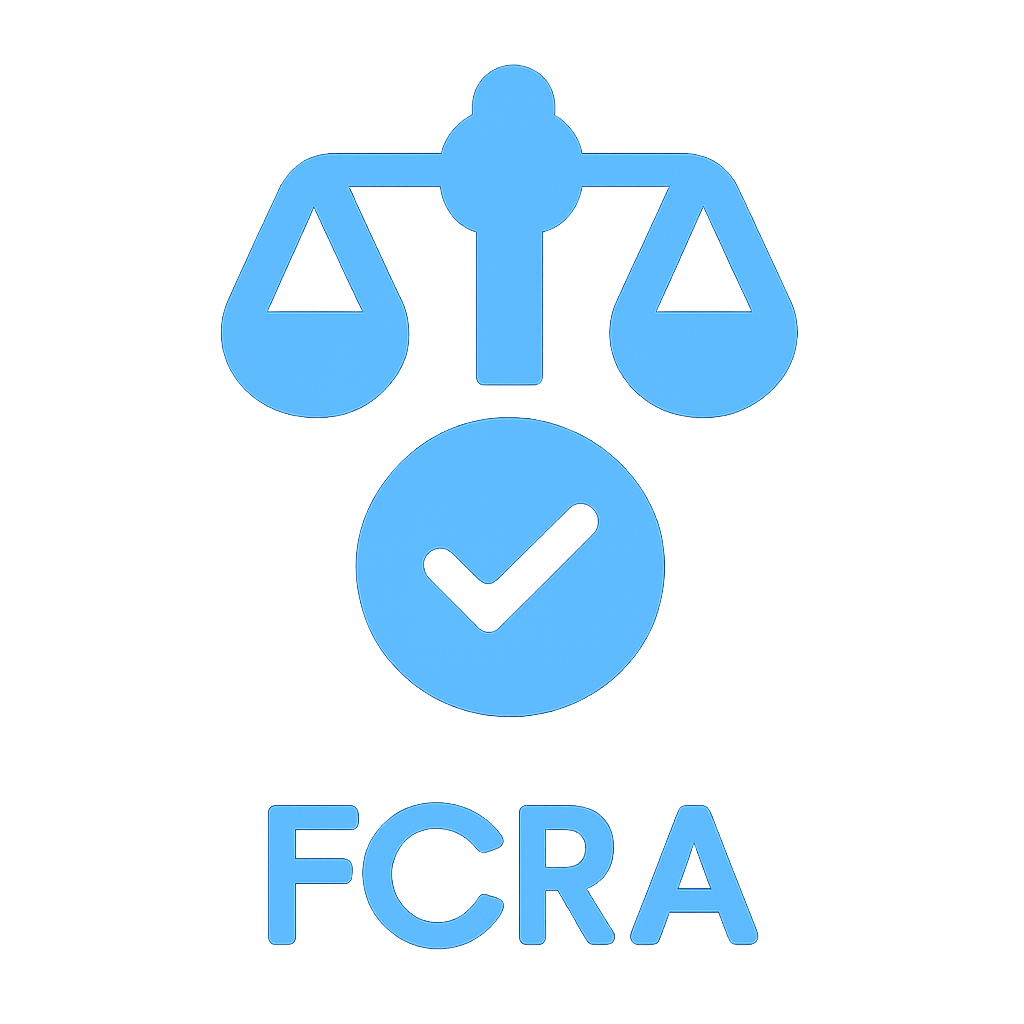Dismissed Charges on a Checkr Background Check: Guide to Your Rights
Finding a dismissed charge on your background check can be a frustrating and confusing experience. By law, records that have been dismissed, sealed, or expunged should not be reported by a consumer reporting agency.
However, due to system errors and outdated databases, these inaccurate records still appear, potentially costing you a job or housing opportunity. Understanding why this happens and what to do about it is the first step to correcting the record and protecting your future.
Dismissed or Dropped Charges on a Background Check: The Truth About the 7-Year Rule
A common misconception is that dismissed or dropped criminal charges will disappear from your background check right away. In reality, under the Fair Credit Reporting Act (FCRA), most non-conviction criminal records—including charges that were dismissed, dropped, or resulted in an acquittal—can remain on your background check for up to 7 years from the date they were filed. If you see a dismissed charge on a Checkr report after 7 years, it may be an error and a violation of your rights.
The FCRA’s Rule on Non-Conviction Records
The FCRA draws a clear line between convictions and non-convictions. Convictions can be reported indefinitely, as there is no time limit. However, dismissed, dropped, or acquitted charges are considered non-convictions. The FCRA prohibits consumer reporting agencies like Checkr from including non-conviction records for more than 7 years.
Why the 7-Year Misconception Exists
The confusion about the seven-year rule stems from other types of data that the FCRA regulates. The seven-year time limit primarily applies to negative public record information such as:
Civil suits and judgments
Records of arrest that are not followed by a conviction
Tax liens
Consumer accounts placed for collection or charged to profit or loss
Does a Dismissed Case Affect a Background Check Like a Conviction?
A dismissed case and a conviction are not the same thing in the eyes of the law, and they should not be treated as such on a professional background check. A conviction is a legal finding of guilt, while a dismissed case means the charges were dropped without a guilty finding. Under the Fair Credit Reporting Act (FCRA), a conviction can be reported indefinitely, but non-conviction records—like a dismissed or dropped charge—are treated very differently.
In theory, a dismissed charge should not have the same negative impact as a conviction because it is not a finding of guilt. However, if a background check report, such as one from Checkr, fails to show the final "dismissed" status and only reports the arrest or the charge itself, it can have the same damaging effect. An employer who sees an open charge without a final disposition may assume the case is still pending or that you are guilty, leading them to rescind a job offer. This is a common and serious error.
Methods for Removing a Dismissed Charge from a Background Check
This is the most effective and permanent solution because it legally erases or hides the record from public view.
Expungement: This legal process essentially "erases" the record as if the charge never happened. Once a record is expunged, you can legally deny that the arrest or charge ever occurred in most circumstances (with some exceptions, like for certain government jobs).
Record Sealing (or Non-Disclosure): This process "hides" the record from the public. It means the information is no longer available on standard background checks for employers or landlords. However, law enforcement and certain government agencies can still access the sealed record with a court order.
Have You Been Affected By a Background Check Error?
Contact Us - Our Legal Support Is Free!












